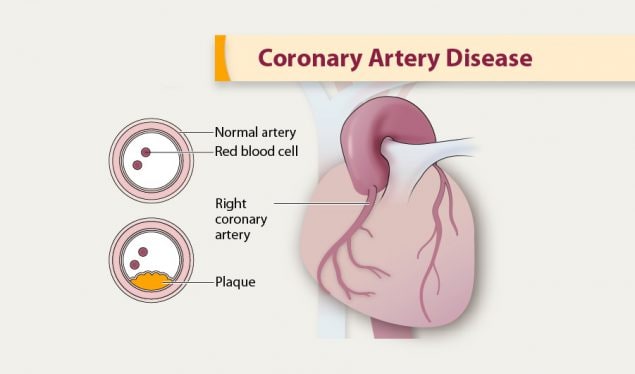
Prevention of Heart Disease in the Elderly

With the vast array of health topics available to explore, it’s easy to forget about cardiovascular health. However, this aspect of your overall health should not be overlooked. cardiologists health plays a major role in your overall wellness, and you should make sure to take steps to improve and maintain it. In this article, we will discuss some important information regarding cardiovascular health and why it matters.
The Importance of Cardiovascular Health
Cardiovascular health is essential for numerous aspects of your wellbeing. It affects everything from physical performance to cognitive functions like memory and concentration. When your heart is healthy, you can enjoy a wide range of physical activities such as running, biking, swimming, etc. The benefits of a healthy heart include reduced risk for developing certain diseases such as high blood pressure, stroke, diabetes, and even certain types of cancer. Additionally, having a strong heart can reduce stress levels while increasing energy levels significantly.
Maintaining Heart Health
Maintaining good cardiovascular health is essential for living an active lifestyle with fewer risks for developing serious medical conditions later on in life. To start with the basics, there are several simple lifestyle changes that can help improve heart health significantly which include eating a balanced diet full of fruits and vegetables; exercising regularly; quitting smoking; limiting alcohol consumption; getting enough sleep; managing stress levels; and keeping track of cholesterol levels regularly.
In addition to making various lifestyle changes in order to improve your cardiovascular health, it’s also important to visit your doctor at least once per year for preventive screenings and check-ups. Such visits allow your doctor to monitor your blood pressure levels as well as cholesterol levels on a regular basis so that any irregularities or issues can be caught early on before they become more serious problems down the line.
Conclusion:
Overall, maintaining good cardiovascular health is crucial for leading an active lifestyle full of energy with fewer risks for developing serious medical conditions later on in life. By making simple lifestyle changes such as eating healthier foods and exercising regularly along with visiting your doctor annually for preventive screenings and check-ups you’ll be able to enjoy better overall wellbeing while also reducing any potential risks associated with poor heart health down the line. So start taking care of yourself today by making small improvements that could lead to big differences in the future!
Taking care of your cardiovascular health doesn’t have to be complicated. Eating a balanced diet and exercising regularly are two simple ways you can begin improving your heart health today. Fruits and vegetables should make up the majority of your diet, with lean proteins such as fish, chicken, and legumes also being excellent sources of essential nutrients. Whole grains, healthy fats like olive oil, and low-fat dairy can also be incorporated into a heart-healthy diet.
Adding exercise to your routine is another key factor in maintaining good cardiovascular health. Even relatively small amounts of physical activity such as walking for 30 minutes five times a week or doing some light yard work on the weekends can help improve your heart health. Additionally, regular exercise can also reduce stress levels, which is another important factor for keeping your cardiovascular system functioning optimally.
